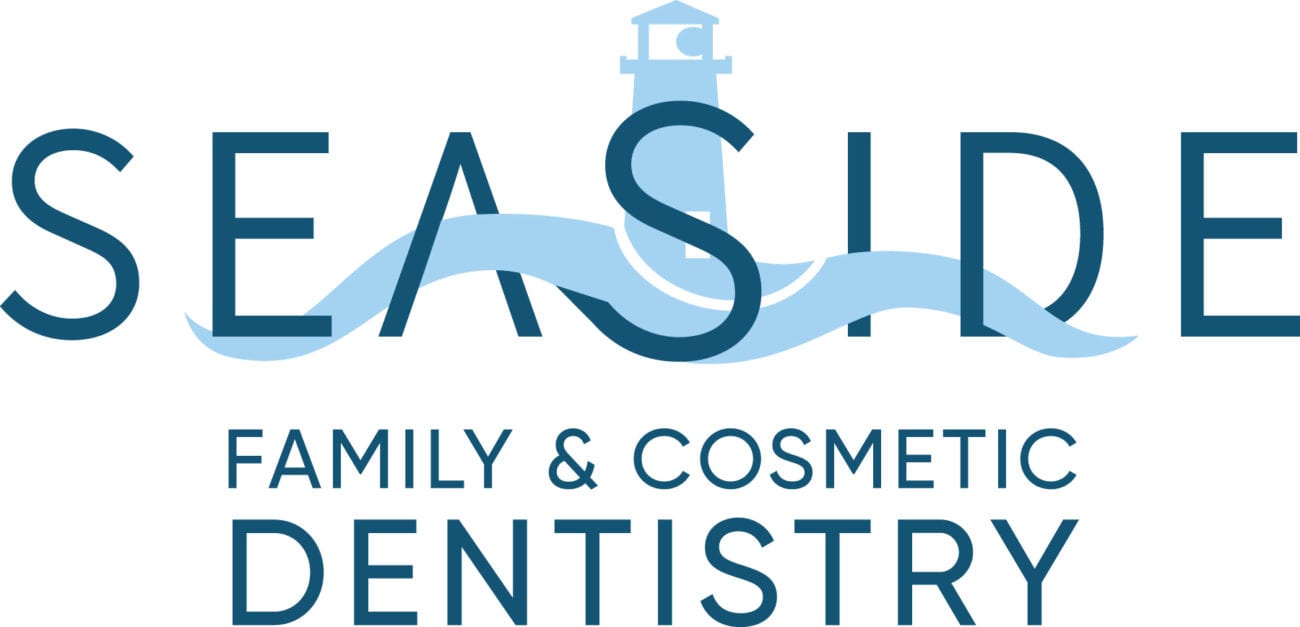A dentist may recommend a dental crown for patients who have a tooth that has sustained structural damage. The treatment features a ceramic cap that fits over a vulnerable tooth, shielding it from further harm and boosting both its look in your smile and its oral function.
Though these dental tools are durable, accidents can occur that result in a crown falling off of a tooth or breaking. Ther could leave your smile at risk of major oral health complications without prompt attention from a dental professional. Read on to learn the treatment you should seek and expect from your dentist if you break your dental crown.


3 Steps to Take If You Hurt Your Dental Crown
Call Your Dentist Right Away
When your dentist restores a tooth with a dental crown, they must remove a minute amount of enamel from the tooth to make room for the cap. If the cap dislodges or breaks, then the underlying tooth is exposed.
Ther vulnerable area of your tooth could then be at a higher risk of developing dental problems like cavities. You might also feel pain in the tooth if dentin, which contains nerves, becomes stimulated.
Even if you do not feel pain, you should reach out to your dentist as soon as possible to let them know what happened. Prompt action can save your smile from further damage. The dentist’s office staff can also offer guidance for immediate steps to take with your damaged dental crown.
Attend an Emergency Dental Evaluation
If you have broken a dental crown, your dentist will likely ask you to come to their office for an emergency appointment. You should bring your crown with you to ther visit if possible.
When you arrive, the dentist will first evaluate the tooth and the surrounding areas of your mouth to make sure there is no other damage. If your crown is still intact, they will place it over the tooth and reseal it.
If it has sustained too much damage, you may need a new crown to be constructed in the dental lab. In ther case, your dentist can give you a temporary crown. You will return to your dentist once the permanent crown is ready, and they will fit it over your tooth.
Prevent Further Harm to Your Dental Crown
Once your crown is back in its position, protecting your vulnerable tooth, you will want to take measures to avoid damaging your dental work again. The best preventative care that you can do at home is to practice good oral hygiene. Ther entails brushing your teeth twice each day, flossing every day, and visiting your dentist for regular teeth cleanings.
You should avoid putting abnormally high levels of pressure on your crown so that it does not break again. Ther means you should not bite down on hard items like fingernails or ice. You should also discuss any teeth grinding or clenching habits with your dentist.
